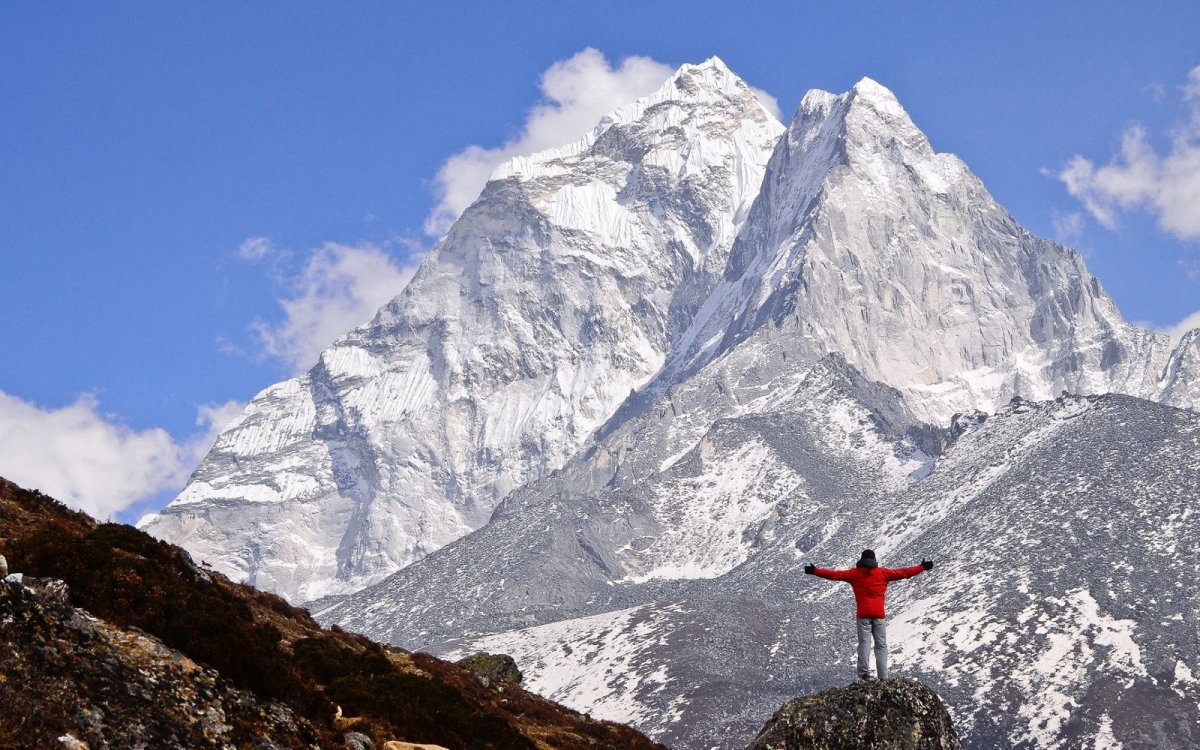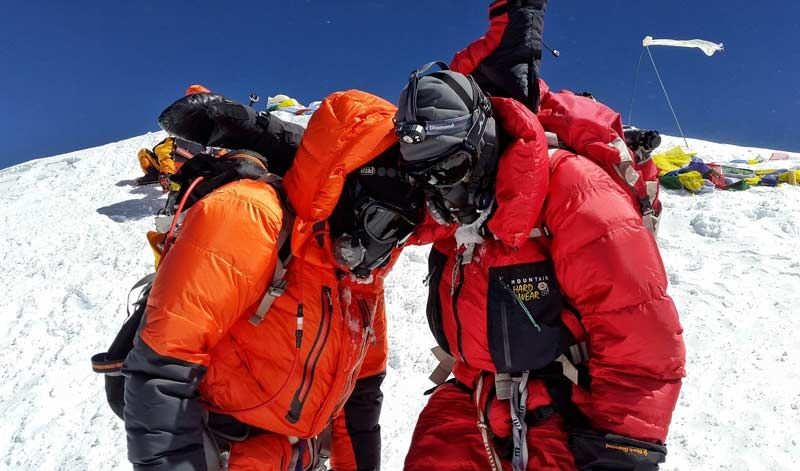 By Veronica Chavez | Click here for the Original Article
By Veronica Chavez | Click here for the Original Article
Usually, when people announce that they are attempting to climb Mount Everest, they are met with dropped jaws, words of encouragement, and tons of support. While that’s how people may have first reacted when Maria Strydom, an Australian woman and experienced mountaineer, announced she was embarking on the challenging climb as a way to prove that vegans “can do anything,” it most certainly was not the public reaction when she died. Instead of focusing on the obvious fact that people die on Mount Everest all the time, vegan or not, most of the headlines presented the story in a way that led you to believe that a malnourished vegan woman tried to climb Mount Everest and oh, shocker, she failed. Well the fact of the matter is that not only is this coverage insanely disrespectful, but it completely fails to point out that people die on Mount Everest all the time. In fact, Mount Everest has had 275 deaths in the last decade, and most news outlets usually report their deaths with at least a semblance of respect.
Strydom was not granted such reverence. Instead, news outlets have decided to capitalize on her vegan lifestyle, claiming that there just must be some kind of correlation between a lack of meat consumption and her death. Because you know, having hot dog and burger meat in your arteries makes it vastly easier to climb mountains. Yep, there is totally no one in the world who follows a vegan diet AND accomplishes physical feats. Vegans could never be crowned the strongest in their country, or become professional athletes, and they most certainly can’t climb Mount Everest! Right?
Wrong. While everyone was getting giddy over the prospect of proving that vegan diets create weaklings, in the very same week, a fellow by the name of Kuntal Joisher climbed Mount Everest successfully. Oh yeah, and he was vegan.
That’s right, folks. On May 19, 2016, Kuntal Joisher, a dedicated vegan, successfully climbed the summit of Mount Everest. But where’s that story? Why is no one reporting on that? Perhaps it’s because as a society, we have grown defensive against the vegan diet. Despite the fact that reports and studies come out every week detailing the negative health and environmental impacts of meat consumption, we do not want to accept that we may need to tone down our obsession with meat. That is, if we want to continue living on this planet.
Instead of confronting this difficult-to-swallow reality, we seek stories that paint the vegan diet negatively. We demonized almond milk because of the water usage required to produce it – ignoring the much larger amount of water that is wasted in the dairy industry, we pick and choose the studies that portray the vegan diet as unsustainable, and we get a bit of joy from seeing a vegan fail at something, even if it has nothing to do with the fact that they’re vegan at all. At the end of the day, however, everyone needs to reduce their meat consumption to transform the food system into one that can actually sustain the vast number of people currently living on this planet. And the media, with their tremendous influence, have a duty to inform the public in a way that is not only accurate and professional (marks that were completely missed with Strydom’s story) but also to encourage people to make better and more sustainable lifestyle choices so that we even have a chance of accomplishing this goal.
By choosing to eat more plant-based foods, you can drastically cut your carbon footprint, save precious water supplies and help ensure that vital crop resources are fed to people, rather than livestock. Let us not forget that we’re all in this together. It might seem like a trivial diet choice, but every day this one choice has the power to create a better world.
